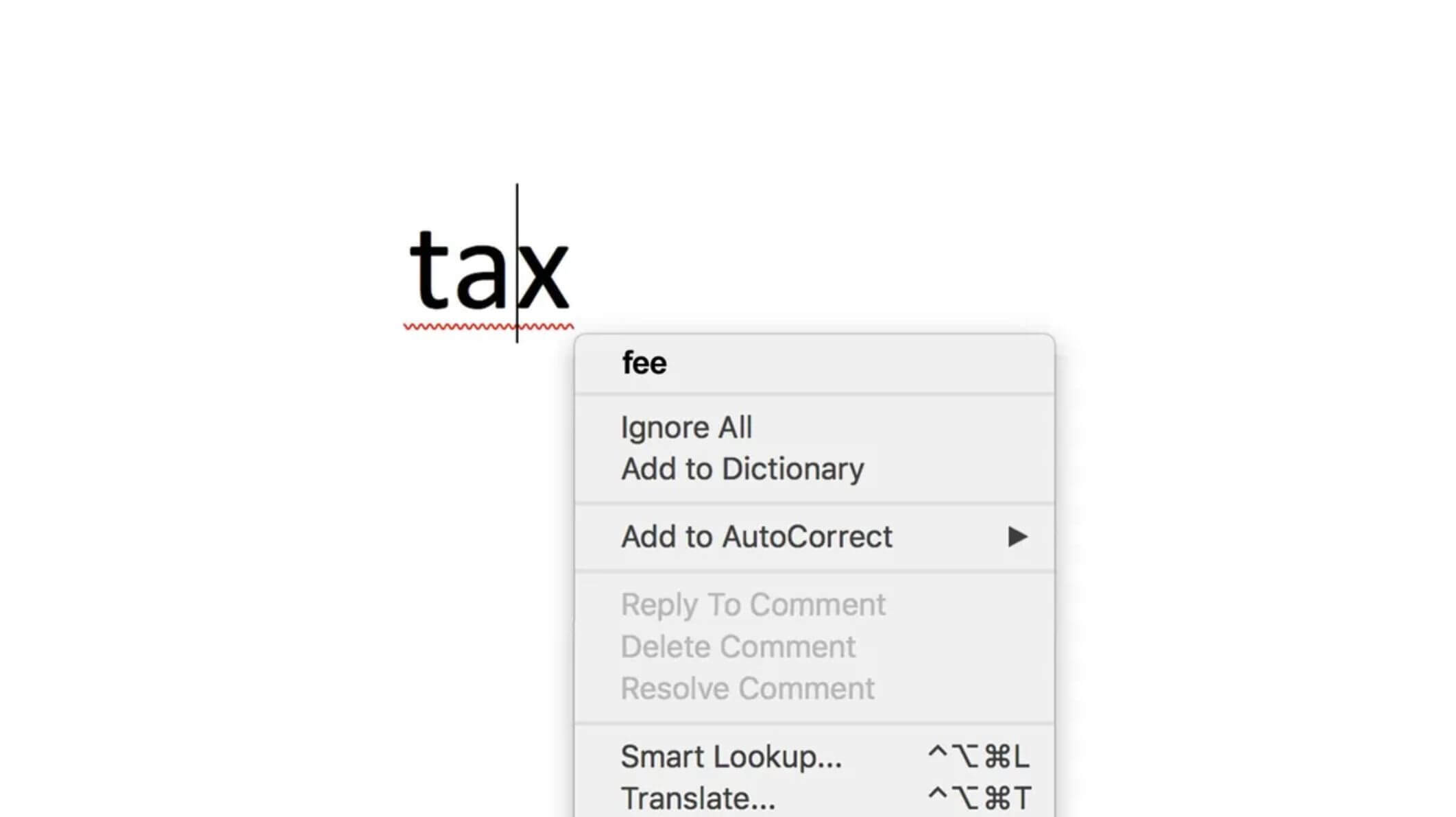8/28 Torchbearer Weekly Policy Update
Welcome back! We hope you enjoyed your weekend. Thank you for allowing us to be your trusted source for news at the local, state, and federal levels.
Local, state, and federal highlights in this week’s memo include:
- SALT Task Force Meets for First Hearing
- Discussions Continue on Indiana’s Rising Healthcare Costs
- Indiana Sees COVID-19 Hospitalizations
- Indiana Supreme Court will not Rehear Abortion Ruling
- Indiana GOP Candidates Weigh in on Eliminating Income Tax
- Recent Polling Shows Voters Interests for 2024 Elections
- Federal Funding for Child Care Set to Expire
- Share the Torchbearer Newsletter with Your Network!
- Important Dates
Let’s dive in.
SALT Task Force Meets for First Hearing

What’s new: The Interim State and Local Tax Review Task Force met for the first time on Wednesday and will examine Indiana’s corporate tax, individual income tax, property tax, sales tax, and others. Policy recommendations are due to the General Assembly ahead of the 2025 budget-writing session.
Why it matters: During the hearing, Indiana’s budget chiefs offered a measured sense of optimism on the state’s finances at a potentially transformational task force’s first meeting — as Republican-aligned speakers pushed for big moves on taxes and Democrat lawmakers expressed frustration with the group’s structure.
Dive deeper: While the state’s budget experts expressed optimism, two non-government witnesses also testified — both conservative-leaning, and both with suggestions.
- Americans For Prosperity (AFP) Senior Fiscal Policy Fellow Kurt Couchman, who called taxes “deadweight losses on society,” said Indiana should cut its state income taxes and rely more heavily on its sales taxes.
- Couchman also recommended reexamining spending programs and tax credits, and cracking down on tax increment financing districts — a mechanism commonly used by local governments. And, Couchman said, Indiana should consider ditching its biennial budgeting process in favor of what AFP calls a “structurally balanced” format spread across more years.
- Former state Sen. Brandt Hershman, who was deeply involved in fiscal policy during his 18-year tenure, advocated to get rid of the corporate tax.
- Hershman also encouraged lawmakers to keep in mind the basic purpose of taxes, to link spending policy with outcomes, and seek bipartisanship.
Moving forward: Four pairs of Senate Republicans will lead research groups focused on each of the broader task force’s policy areas, drawing criticism from Democrats of both chambers. Holdman said that to participate, lawmakers need only contact their colleagues leading the research groups.
What’s next: The task force will meet next on September 29, with testimony expected from the nonpartisan Pew Research Foundation, the American Legislative Exchange Council — the conservative-leaning model legislation-maker better known as ALEC — and former Republican tax powerhouse Luke Kenley. (Indiana Capital Chronicle)
Discussions Continue on Indiana's Rising Healthcare Costs

What’s new: The Interim Health Care Cost Oversight Task Force met last week for the first time where high health care costs dominated much of the three-hour meeting. This is following a legislative session where tackling health care costs were a priority issue for both the House and Senate.
Slow-moving results: A new law requires the Department of Insurance to gather and analyze information from non-profit hospitals and compare prices to Medicare as well as licensing PBMs. But results won’t appear before the committee before December 2024.
- Task force co-chair Sen. Chris Garten, R-Charlestown, noted that the latest budget included substantial funding increases to support the department’s growth. When asked, Beard said the next key step would be securing personnel.
Alternative solutions: Wednesday’s meeting included presentations from two experts, Indiana University professor Nir Menachemi and Ball State economist Mike Hicks. Both discussed the need to transition from fee-for-service — a health care model that critics say incentivizes more transactions over quality of care — to value-based service.
What’s next: Senator Garten said that — in contrast to the technical expertise of Wednesday’s meeting — the Sept. 29 meeting would focus on testimony from stakeholders and the public. (Indiana Capital Chronicle)
Indiana Sees COVID-19 Hospitalizations

COVID-19 hospitalization rates across Indiana rose nearly 40% between June and July amid signs of a late summer wave sweeping the country.
The big picture: The average COVID hospitalization rate nationwide rose about 17% between June and July, per the CDC.
- A new variant, EG.5, is now the dominant form in the U.S., according to CDC estimates — though it's unclear if it's directly responsible for the rising numbers.
Zoom in: Indiana Department of Health COVID wastewater testing data shows 2,185 cases the week of Aug. 7 — up from 557 the week of June 26.
Reality check: That's still significantly lower than the weekly high of more than 100,000 cases in January 2022.
- And the state's hospitalizations are down nearly 90% from July 2022.
Of note: In both percentage change and raw terms, nationwide hospitalizations also remain far below their pandemic-era peak.
The latest: This uptick comes at a less-than-ideal time with regard to booster availability.
- A newly updated booster is due out this fall. While it wasn't specifically designed with EG.5 in mind, it will likely offer at least some protection, experts told NBC News.
- Those behind on their shots need to decide whether it makes sense to wait for the updated booster or beef up their protection now in the face of this uptick.
- Only 14% of Hoosiers are up-to-date on COVID shots, per the state Department of Health. (Axios)
Indiana Supreme Court will not Rehear Abortion Ruling

What’s new: The Indiana Supreme Court on Monday denied a request to rehear its ruling upholding the state’s near-total abortion ban.
- The decision was quickly certified on the court docket, meaning the new law — which prohibits the procedure with few exceptions — is in effect. Abortions can now only be performed in hospitals under very narrow circumstances.
Dive deeper: The ban outlaws all abortions except in the case of a fatal fetal anomaly and cases of serious health risk to the mother. One part of the law says these exceptions are up to 20 weeks but another part says they can be used anytime. Rape survivors can get an abortion up to 10 weeks post-fertilization.
The details: In a split, 4-1 decision, high court justices reaffirmed in their order that Planned Parenthood and other health care providers “cannot show a reasonable likelihood of success” with their challenge to the abortion restrictions because there are cases in which the ban could be constitutionally enforced.
What they’re saying:
- Justice Christopher M. Goff dissented, writing in a separate opinion that he would rather leave a revised statewide injunction in place, preventing the ban from being enforced “in circumstances where a physician has determined in good faith that an abortion is medically necessary.”
- Chief Justice Loretta H. Rush, who concurred with the ruling, reiterated in her own opinion that Indiana’s Constitution grants a woman’s right to terminate a pregnancy “to protect her life or to protect her from a serious health risk … under circumstances that extend beyond the current law.”
“Given that possibility, I am deeply concerned about Senate Bill 1’s impact on Hoosier women’s constitutional right to seek medical care that is necessary to protect their life or to protect them from a serious health risk. And I am likewise concerned about the law’s impact on healthcare providers who must determine whether to provide that care and potentially expose themselves to criminal penalties and professional sanctions,” Rush wrote in her opinion. “But Plaintiffs have not properly put these concerns before us.” (Indiana Capital Chronicle)
Indiana GOP Candidates Weigh in on Eliminating Income Tax

What’s new: Lt. Gov. Suzanne Crouch says she wants to eliminate the individual income tax by the end of her first term if she's elected governor of Indiana.
Why it matters: It's a familiar refrain among the halls of the Statehouse lately ― Senate Republican leaders have said they are interested in doing this eventually, and a budget deal they struck speeds up income tax cuts down to 2.9% by 2027. But Crouch's goal would significantly quicken that pace, with the idea of keeping more money in Hoosiers' pockets and attracting more workers to live in the state.
What she’s saying: "Hoosiers need to keep more of their own money to secure their livelihood in the era of Bidenomics," Crouch told IndyStar. "Groceries, energy prices, interest rates, and other household expenses have all trended in the wrong direction since 2021, and I am determined to help people in any way I can."
Zoom out: Seven states in the nation have no individual income tax, according to the Tax Foundation; among states that have one, Indiana's is the fourth low
Yes, but: Still, it's the second largest source of tax revenue for the state, bringing in roughly $7.5 billion to $8 billion each year. These taxes help fund schools, infrastructure, public safety and clean air. Experts say cutting such a revenue source requires either shifting the tax burden elsewhere or cutting government services.
Crouch’s opponents have varying views:
- Eric Doden said he supports lowering taxes in a way that does not negatively impact schools, roads or public safety.
- Senator Mike Braun has expressed an openness to studying it but saying he would have to answer some essential questions first, such as: How does one replace the $8 billion gap? Would the government still be able to deliver services, such as preventative health care that can curb costs down the road? How has cutting income taxes worked in other states?
- Through a spokesperson, Former Indiana Secretary of Commerce, Brad Chambers, declined to comment.
- In a statement, Libertarian candidate Donald Rainwater pointed out that he has been calling for the abolishment of the state income tax since 2016.
What’s next: Ultimately it's the General Assembly that would approve any tax cut and lawmakers often have very different ideas than governors.
- The Indiana primary election is May 7, 2024. (Indy Star)
Recent Polling Shows Voters Interests for 2024 Elections

What’s new: Recent polling conducted on behalf of the U.S. Chamber of Commerce illustrates that voters are supportive of pro-growth policies and pro-business candidates who will help businesses create jobs.
Why it matters: The Chamber’s poll also reports that aggressive agendas from the progressive left and populist right for greater government management of the economy and micromanagement of businesses is decidedly out of step with the views of voters.
Dive deeper: Voters also favor the positions held by small and large businesses alike on a wide range of critical policy issues, including securing the border and increasing legal immigration, stopping frivolous lawsuits, enacting permitting reform, and pursuing more global trade deals.
Why it matters: As we head into election season, the message is clear: whether you are courting Republican, Democratic, or Independent voters, candidates will be well served to run as pro-business candidates focused on solutions that support jobs and America’s free enterprise system. (U.S. Chamber)
Federal Funding for Child Care Set to Expire

What’s new: Women are returning to the workforce at record rates after their participation took a blow during the pandemic. Activists say that the upcoming end of pandemic-era child care funding may put a dent in that progress.
The details: On Sept. 30, federal child care funding that was allocated as part of the American Rescue Plan is set to expire.
Why it matters: The September deadline could mean the closure of 70,000 child care programs and approximately 3.2 million children losing their child care spots, according to a report from The Century Foundation, a progressive think tank.
- States have roughly $4.1 billion in remaining child care stabilization funds of the $24 billion originally allocated in the plan, which will expire at the end of next month. They’ll also have a year to spend roughly 12 billion in supplemental Child Care Development Fund dollars.
What they’re saying:
- The Democratic Women’s Caucus is demanding to meet with President Joe Biden. “What we hope to accomplish by calling for this meeting is emphasizing that we need to work together to address this looming cliff,” Rep. Suzanne Bonamici (D-Ore.) tells Women Rule. “This is urgent.”
- “The unwinding end of this funding actually impacts women and women of color specifically, and is problematic for those individuals,” says Julie Morita, executive vice president of the Robert Wood Johnson Foundation. “But it's also incredibly problematic for the children that are receiving the services.”
Zoom out: The meeting request is only the latest attempt from the caucus to secure federal funding for child care before the deadline. A plea endorsed by the caucus last month for Biden to support $16 billion in child care funding turned up short when the administration failed to include the funding in its supplemental funding request (though it did urge Congress to “act quickly” to “ensure continued funding” for child care programs).
State of play: Biden, at the beginning of his presidency, identified his goals for child care funding, including $225 billion to fully cover child care for low-income Americans and an additional $200 billion for universal preschool. So far, he’s been unable to deliver on those goals, thanks to a gridlocked Congress.
- Some child care provisions, including funding for pre-K, almost passed in 2021, as part of what was then known as the Build Back Better package, but were eventually dropped — ultimately as a result of Sen. Joe Manchin’s concern over the package’s hefty price tag. (Politico)
Share the Torchbearer Newsletter with Your Network!

Not signed up for our weekly newsletter? Sign up today!
Important Dates

Friday, September 8th - Land Use Task Force @ 9am
Wednesday, September 13th - Interim Employment and Labor Interim Study Committee @1pm
Thursday, September 14th - Drainage Task Force @ 12pm
Wednesday, September 20th - Pensions Management Oversight Interim Study Committee @ 1pm
Tuesday, September 26th - Probate Cody Study Commission @ 1pm
Thursday, September 28th - Government Reform Task Force @ 10am
Thursday, September 28th - Public Health, Behavioral Health, and Human Services, Interim Study Committee @ 12pm - *CANCELLED*
Thursday, September 28th - Child Services Interim Study Committee @ 1pm
Monday, October 2nd - Land Use Task Force @ 9am
Thursday, October 12th - Legislative Council, Audit and Financial Reporting Subcommittee @ 1pm
Monday, October 23rd - Legislative Council, Audit and Financial Reporting Subcommittee @ 1pm
Tuesday, November 21st - Organization Day
Monday, January 8th - Anticipated 2024 legislative session start date
